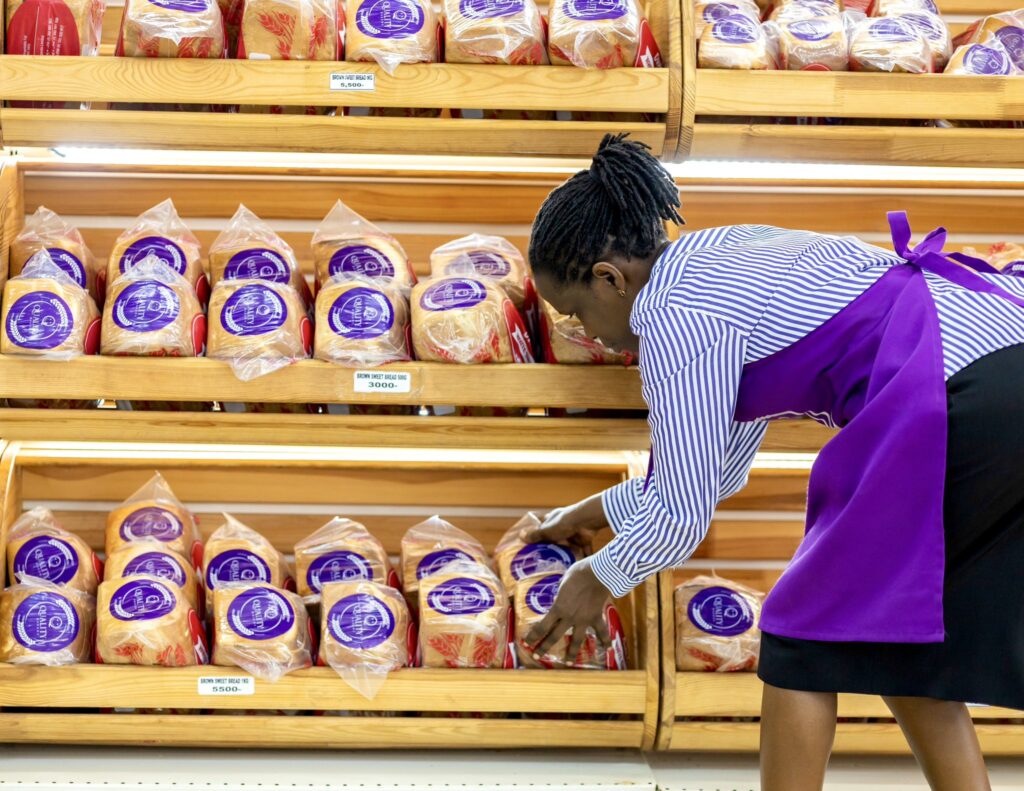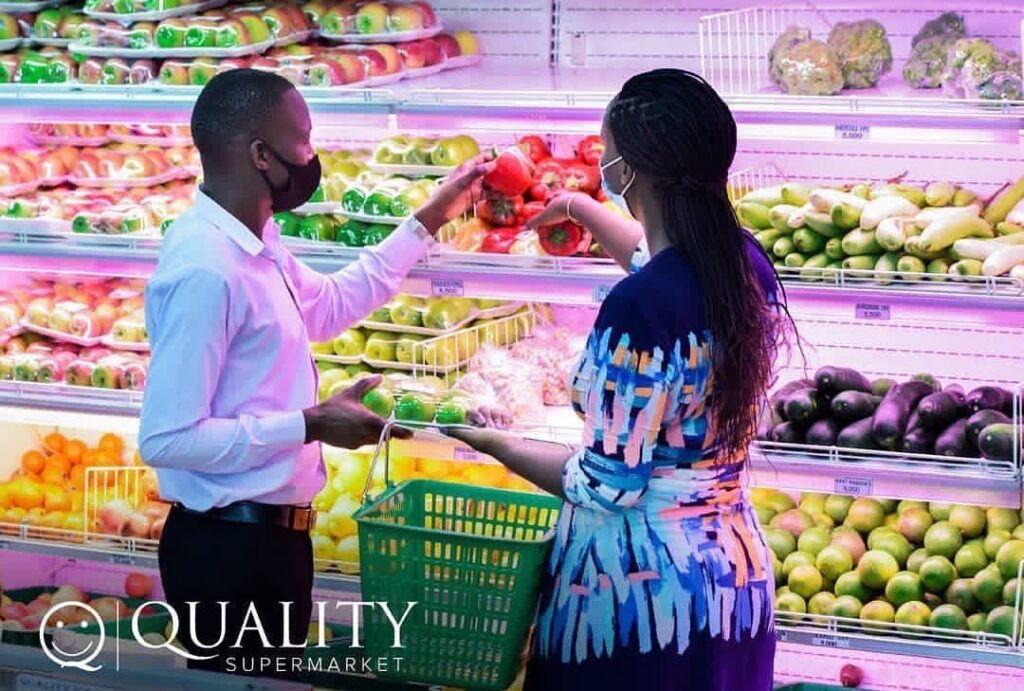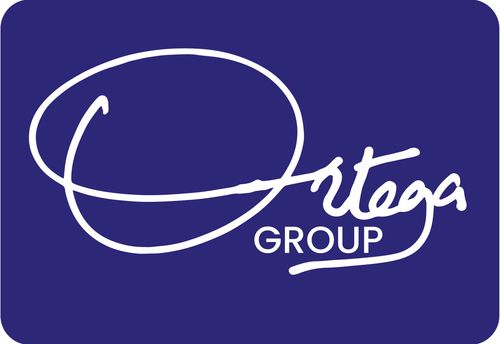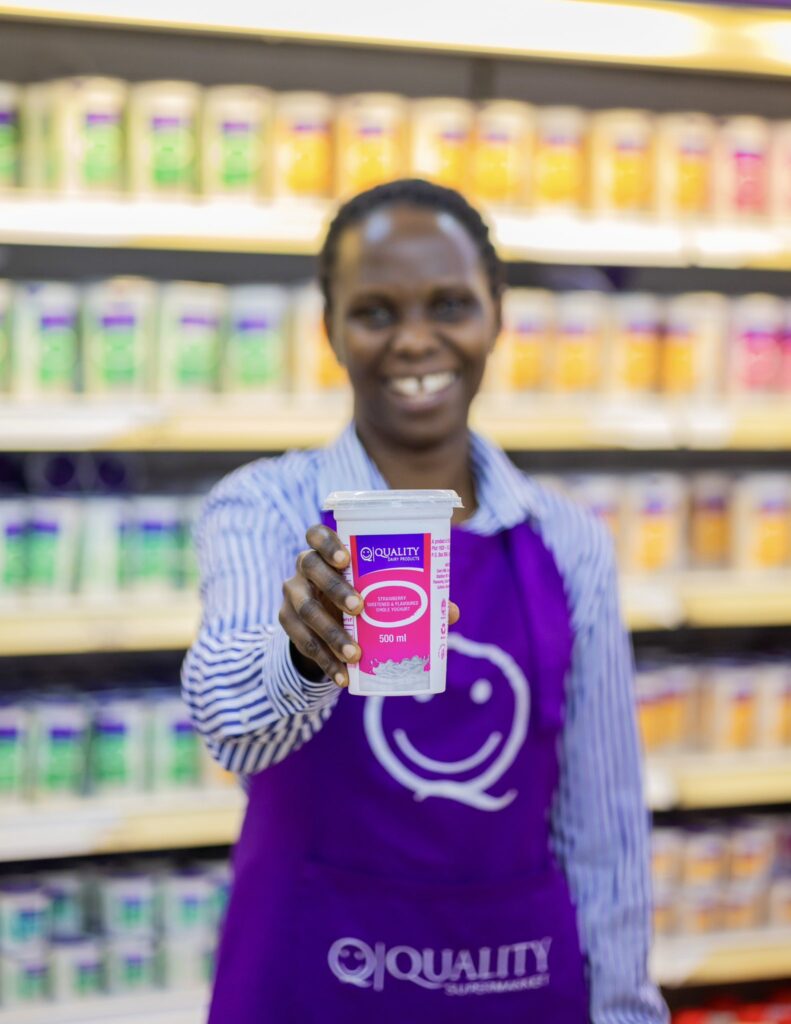One of the retail brands that has stood the test of time in Uganda is Quality Supermarket. In 2008, when Quality Shopping Village was opened in Lubowa, it was the signature statement that the age of Quality Supermarket had arrived in Uganda. In the late eighties, a young Ugandan couple of Apollo and Mary Mutungi had started a grocery shop on Plot 14, Martin Road in Old Kampala. In 1994, this small grocery shop grew to become Quality Supermarket, still housed in Old Kampala.
In December 2006, Quality Supermarket opened a branch in Ntinda (now closed) and in 2008, Quality Shopping Village was opened in Lubowa. Fast forward, this supermarket chain today boasts of four branches at Old Kampala, Lubowa, Kitende and Naalya. Today we dig into some aspects that have contributed to the growth of this brand in the retail industry.
Quality Supermarket’s Strategy
It’s impossible to delink the strategy of a family-business from its founders. Apollo Mutungi (an engineer by profession) and his wife (Mary Mutungi) built from a base of trust. From their roots in Old Kampala, you could tell this was an idea they were passionate about, and willing to sacrifice a lifetime in service of this idea. There was a massive sense of delayed gratification. And this also gave them a patience, this trait is required especially in those periods when several foreign brands came to the market. You see they survived the moments of Nakumatt, the moments of Shoprite, and today, you can say, that patience and commitment to the core has been key.
They were and have always been obsessed about the customer. And you see this in the variety and quality of the products. If you compare Quality supermarket to Mega Supermarket, you see this difference in the leadership philosophies. Quality supermarket is about quality of service. Mega Supermarket just went out and decided to be big, stock anything, have no control on the details. And then have this service that’s dystopian.
Quality was different from the start. You could say the vision was also in the name. Once you say you’re a Quality supermarket, it also means you have set out to do things a certain way. You have a couple, well-educated, a shared vision, and then they build. If you trace Apollo Mutungi’s upbringing, again you see something he picked from his late father, a Bushenyi philanthropist, Canon Zabron Rushambuza (Ayi Mukama). Leadership is key in any strategy, the people that articulate the vision must be seen to be living the ideals of that vision, not just paying lip-service to it. And with Quality supermarket, every employee learned to see that. It’s the vision of care, obsess about the customer, give them value and they will reward you with profit.

Designing Value
How does a customer define value? Well, a customer looks at the benefits they are deriving from a product or service, and they compare that to the liabilities, what they are losing as they get your service. Perhaps they are buying consumer goods for food, for home cleaning (that’s the functional benefit), are these reliable, are they quality (this is psychological), how is the place where they get those products, that environment of service. The costs are the monetary ones, the ease in finding parking, whether they pay for the packaging material. This mathematics happens in every consumer’s mind, and they come up with the value you’re providing.
Quality Supermarket has always had a real-estate aspect to their decisions. First, they now locate in certain neighbourhoods. If you see them in Lubowa, they immediately captured the Lubowa estate and the nearby location. Then in Kitende, again, great residential areas. And you also see them in Kyaliwajjala/Naalya. There’s also convenience with their locations, whether you’re coming on foot, using a bike or driving, it’s just convenient to access a quality supermarket wherever it’s located. They made this location decisions early-on. But above all, owning the real estate wherever they’re located. That gives them a front-way compared to for example a Carrefour.
And speaking of Carrefour, it’s priced above the middle-class Ugandan. Yet it still tries to compete for that same Uganda just like Quality. And what’s with Carrefour in Uganda, it eliminated the Kaveera, and then makes the customer pay for the pack bag. These small things, Ugandans get incensed by them. “Imagine I have just bought items for over UGX 200K at Carrefour, then I am told to pay UGX 500 for the pack bag. And they have removed people that help pack at the checkout so now you’re forced to pack your own products. Who in the hell does that?” one of the previous customers at Carrefour lamented. “If Quality supermarket replaced Carrefour at Metroplex Naalya, it would immediately double the sales. There’s just an arrogance at Carrefour, something that makes the customer think they’re being done a favour. The employees, there’s just an entitlement there,” the customer further reveals.

Quality Supermarket doesn’t take service for granted. Customers want to know that they’re being served. That they can find things that appeal to their different tastes. That’s Quality supermarket. You go to buy a pillow, and you will find them in all shapes and sizes. You will find an umbrella an Umbrella, think of anything, and there’s a 90 percent chance Quality has stocked it, at a price that’s appropriate. Again, that forms another element of their strategy, the pricing aspect. Businesses that get their pricing wrong end up pricing themselves out of the market, or pricing too low and leaving value at the table. Quality supermarket has not committed these kinds of mistakes. And funny, but people notice these things and tell others about it, their circle of friends and family. Get UGX 100K, one person goes with it to Carrefour, another one goes to Quality Supermarket, the difference is as clear as an elephant size. You get different value. And this is not to downplay Carrefour, but to say, that this foreign brand could do better learning from a local brand. Markets are nuanced. Carrefour is trying to impose something on the Ugandan consumer, while Quality supermarket does everything to understand the Ugandan consumer.
Great retail is about learning the consumer, caring for the consumer, understanding their peculiarities and saying look, we are all about you, and we shall design ourselves for you. That’s Quality supermarket. Quality Supermarket has also been heavy on some backward integrations for example in the meat and dairy sections. Today, some of the meat or dairy you get from Quality supermarket is part of that family of brands. The only way companies get to control quality over the long-term is through integration, it’s by bringing some processes back home.
And with continuity, today, the daughter of the Mutungis, Diana Mukunde Baguma serves as the Executive Director of the Quality Supermarkets. She layered her bachelor’s degree in library and information science with a Master of Business Administration from Leeds University Business School. Again, it goes back to also the quality of leadership.
But Quality Supermarket’s choices could also be thought of as quality variety at everyday prices. It’s not just about mere variety (Mega Supermarket) but about the quality of that variety and the pricing of that variety. If you make this the focus of every aspect of your process, and of every decision you make, you find yourself a secure position in this retail industry. And better, if you own the real estate that houses your supermarkets, you’ve also moved an extra mile.
What the Future Holds for Quality Supermarket?
Although it seems like Quality Supermarket has handled most of the big questions for a retail player, they do belong to an industry that’s the easiest to disrupt. Think of Nakumatt when it had vendor-managed inventory in Uganda. It was disruptive for moment, but then, it collapsed its suppliers and in turn, it collapsed that supermarket.
It would also be interesting to understand what Quality Supermarket does do with all that Point of Sales (POS) data. It is the most under-utilized data in many Ugandan setups. Because insight must be driven from this. To better understand what is selling, and who is buying it, when do they buy it, what does this imply about the future? And what do people ask for that we never have? Again, supermarkets rarely capture these insights. Quality Supermarket must have a digital transformation strategy, how to adopt Artificial Intelligence for inventory management for example.
Quality must be on the guard for the economic fluctuations and the vulnerabilities that arise from this. Coupled to the inflation and currency volatility are the tax hikes that continue to target big players. This then plays into the consumer-spending power.
Ortega Group sees competition coming from two-fronts; international retailers still see opportunity in Uganda, and many will continue to make attempts here. The growth of e-commerce is a trend that’s here to stay. Will Quality supermarket launch its online platform? Or does it want to take a step back and simply enlist on different platforms?
Consumer behaviour is also changing and constantly in flux. Retail Industries must keep reinventing themselves. Quality Supermarket must think of itself as more than a supermarket. Shopping is an experience, and it must be curated that way. So how do you design with the customer in mind? How do you make this experience something that even men would look forward to? People still approach shopping as an inconvenience, as something taking money from their pockets, how do you transform this into a beautiful lifestyle. In Gen-Z speak, how do you bring Rizz to the supermarket shopping experience?
Sustainability and responsible supply chains is a matter of growing concern. Again, Quality Supermarket ought to figure out an appropriate strategy, and innovate around these concerns. Coupled to these are consumers obsessed with healthy living and longevity, aka the forever young obsession. How do you meet consumer’s needs beyond the material? Brands must think hard on these questions. Most consumer needs are now intangible. The products and services sold must fulfil those needs.

